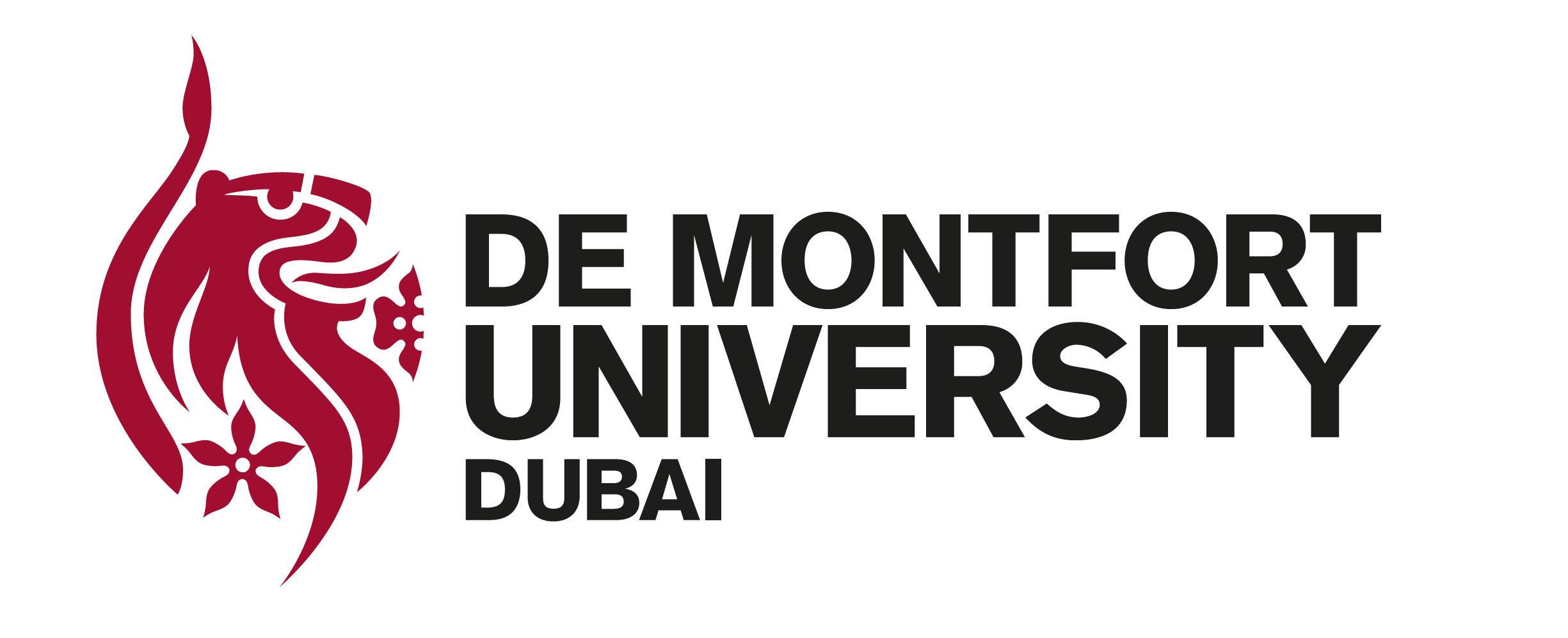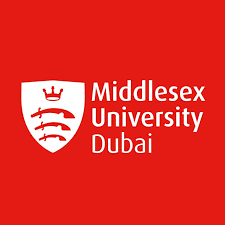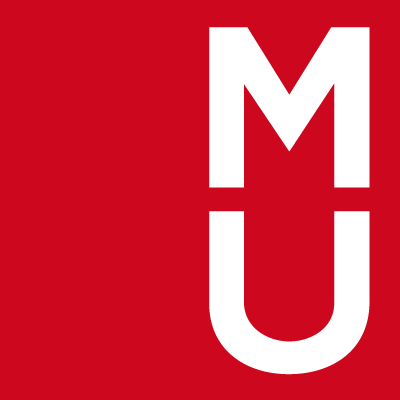You will graduate with the skills and knowledge to bring about change in companies, communities, organisations and government. This course is ideal for individuals with a social science, physical science, engineering background or mid-career

Society, industry, and policymakers recognise that change is required at all levels to address the challenges of climate change and sustainable development and meet the needs of future generations. At DMU, our Energy and Sustainable Development MSc reflects the knowledge and skills required by professionals working to achieve this.
You will develop an understanding of how we can achieve more sustainable development and decarbonisation through sustainable energy, more efficient production, and organisational change. You will learn from leading academics and specialists in the field.
You will graduate with the skills and knowledge to bring about change in companies, communities, organisations and government. This course is ideal for individuals with a social science, physical science, engineering background or mid-career professionals with relevant experience.
Key features
The course is designed to be flexible and fit around your commitments, with on-campus, part-time, or full-time learning options available. You will develop an understanding of how we can achieve more sustainable development and decarbonisation through sustainable energy, more efficient production, and organisational change.
Students will gain relevant knowledge and expertise required for careers in the industry, with course content pertinent to contemporary practices, including relevant research projects and industry-related issues. Additionally students can avail the benefit of facilities like the laboratory, a high-tech teaching, research, and technology demonstration hub.
The programme leaders are experienced professionals in the field dedicated to ensuring students receive a high-quality education. They are readily available to answer any questions or concerns students may have regarding the accreditation process or the course content.
DMU Dubai students can now benefit from the Industry Advisory Board, which comprises leading experts and professionals at the enterprise level. The board provides valuable insights and guidance to ensure the curriculum remains relevant and current with industry trends and demands.
Benefit from Education 2030, where a simplified ‘block learning’ timetable means you will study one subject at a time and have more time to engage with your learning, receive faster feedback and enjoy a better study-life balance
Entry criteria
English language
Applicants will typically hold an undergraduate degree with a minimum pass of 2:2 or equivalent overseas qualification.
Professional qualifications deemed to be of equivalent standing will be considered on an individual basis.
Work experience is not a requirement. However, applications from those without formal qualifications but with significant professional experience in the relevant field will be considered individually.
Professional Accreditations
At DMU Leicester this programme is accredited by the below-mentioned bodies. Students starting at DMU Dubai then transferring to DMU Leicester to complete their studies may be eligible to achieve the UK professional accreditations associated with this programme: contact us to find out more.
Accreditations
We aim to have the course accredited by the Chartered Institution of Building Services Engineers (CIBSE) and the Energy Institute (EI). (Note this is subject to confirmation due to changes in course structure and content. The course up to 2023 is accredited.)
Teaching and academic expertise
Full-time students attend for two days each week and receive formal lectures from experienced researchers and teaching staff, complemented by informal seminars and group discussions. Part-time students attend one day per week. You will also be expected to undertake self-directed study. All teaching material is fully documented and available on the web-based virtual learning environment (VLE) before timetabled events take place.
Distance learning students follow a structured study plan provided on the VLE, supported by discussion forums with other students, and email and telephone conversations with the module leader. Our course has been commended in an academic quality review for its “innovative and sophisticated forms of e-based learning and teaching”.
All assessment is by coursework. Each taught module has two items of coursework. The first is a smaller assignment, on which prompt feedback is given while the module is being studied. A second, major assignment is submitted after the material has been assimilated.
As well as the eight taught modules, students complete either an individual dissertation or a team-based design project, and all students get to attend the annual MSc conference, where final year students present.
Contact and learning hours
You will normally attend 2-4 hours of timetabled taught sessions each week for each module undertaken during term time; for full time study this would be 12 hours per week during term time. You can also expect to typically undertake a further hours of 6 hours independent study and assignments as required per week.
Applied research seeks practical solutions to contemporary problems, while more theoretical explorations seek to understand our physical and social world, generating new knowledge that can have long-term benefits in many fields of human endeavour.
Our teaching team are recognised researchers within their field and embed industry relevant case studies into the course to ensure content is current to the issue we face around sustainability and renewable energy.
Graduate careers
Graduates go on to work in a wide range of energy, buildings and sustainability roles in energy and environmental consultancies, government and non-governmental environmental organisations, and multi-national organisations. Some graduates continue their academic training with PhD studies.
Strategy Pillars
After a long campaign, 150 years ago, the Leicester School of Art was formed. It offered flexible, skills-based learning, open to both men and women. Over the next century, higher learning in the city was responsive to – and helped shape – local industries and their associated technologies. Since its foundation in 1992, De Montfort University (DMU) has provided broad-based education to hundreds of thousands of students as well as undertaking research in a variety of areas.
The next decade will see large-scale changes in the education sector. By 2030 there will be 25 per cent more 18-year-olds in the UK, changes to the student loan system will emphasise lifelong learning, and digital developments will continue to rapidly drive teaching expectations.
The need to generate new knowledge through fundamental and applied research has never been greater. As a city, Leicester has one of the lowest skills bases in the country, with 19 per cent of working-age residents having no qualifications, and a desperate need to level up social inequity.
But it also has enormous entrepreneurial potential and is one of the most popular cities to start up a business in the UK. There are clear opportunities for greater research, skills training and collaboration with regional businesses to address the city’s low productivity rates and contribute to levelling up. Coming out of the pandemic, Covid-19 provides the catalyst for us to do things in new ways.
We have created our new strategy against this context. The development of our strategy has involved more than 1,000 participants, with contributions from our staff, students, governing body and key partners. In our strategy, we are committing to becoming an ‘empowering university’, one that will enable staff, students and partners to develop to their full potential. We are a bold, unapologetically ambitious and outward-looking institution, and will use innovative education and research methods to inspire and empower.
We will lead by example on exploring issues of social justice through our platform as the UK’s only hub for the United Nations’ Sustainable Development Goal 16. We’ll expand our reach with knowledge collectives, engaging our community in mental health practice, equality and sustainability. Through this, we will create a fairer and more sustainable society.
Our strategy is delivered through four key pillars: Learning for Life, Knowledge Creation, Empowering People and Partnerships with Purpose. We will respond to local, national and global business needs to provide flexible ways to upskill our students.
Our research will focus on creating and applying knowledge for social benefit. We won’t be afraid of doing things differently. As an empowering university, our staff, students and partners will actively be part of a diverse community that will strive for equality.
Our Mission
Discovering gateways of opportunity that empower students, staff, and our community to create a fairer society.
Our Vision
Creating a community of participation, fairness, and collective responsibility; transforming individual lives and championing a fair and sustainable society.
(Institute Review)
55 years ago(Institute Review)
55 years ago
This master's degree aims to provide students with skills to become such a professional - enhancing their knowledge and skills with respect to global governance approaches and instruments focused on environmental sustainability and social ju

This 'MS Environment Science' master's degree is offered by Charisma University. This is a 2-year long Master's degree and you are eligible after completing UG.

With the help of expert and supportive faculty, you will come to understand and grasp the idea that effective implementation of sustainability strategies is a fundamental societal, environmental and economic need.

University Degree Certificate (Attested from UAE & India). This is a MSc Environment Degree course with a total duration of 2 years. The course is led by qualified instructors and study materials will be provided
© 2025 www.coursetakers.ae All Rights Reserved. Terms and Conditions of use | Privacy Policy